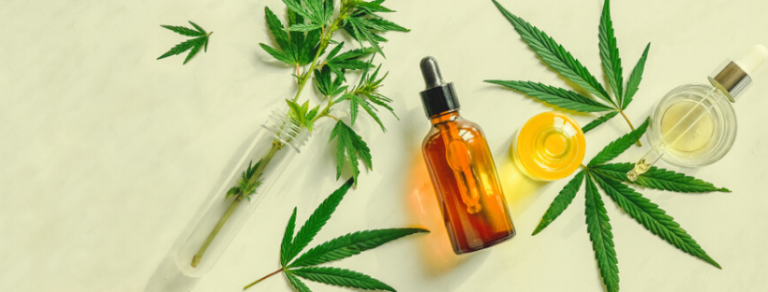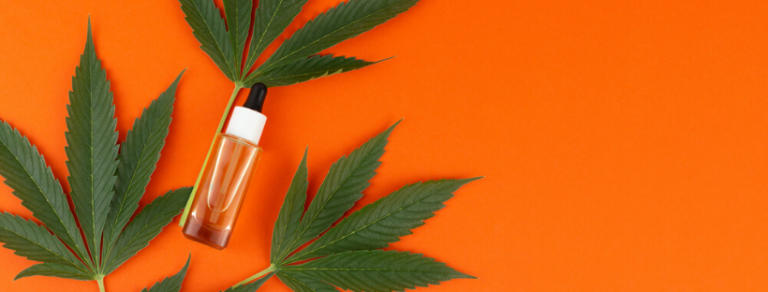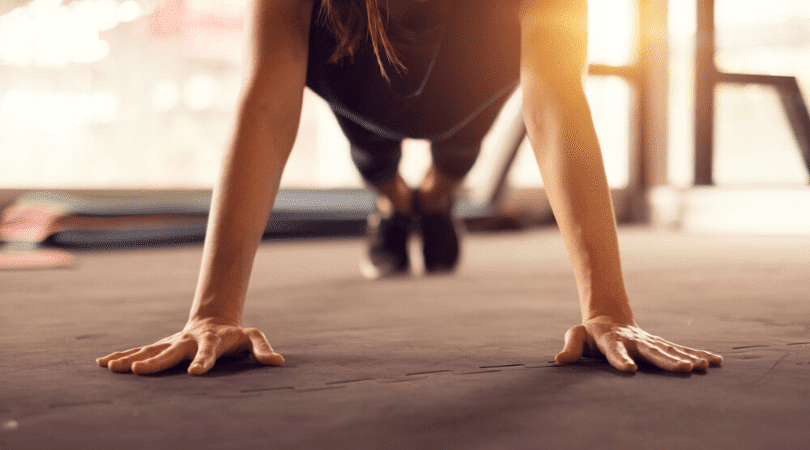CBD has been growing in popularity, with many people praising it for potential benefits. Many people claim to experience positive effects when using CBD along with their typical workout routines, but is there a connection? Take a closer look at how CBD affects exercise, as well as the potential benefits associated with using it in this way and the ideal dosage to try.
What Is CBD?
Before getting into how CBD affects you when you exercise, you need to have at least a basic understanding of what CBD is. CBD stands for cannabidiol, and it is the non-psychoactive major cannabinoid that occurs naturally in cannabis. CBD also occurs naturally in hemp, which by law must contain 0.3 percent THC (the psychoactive cannabinoid) or less. When you ingest CBD, it interacts with your endocannabinoid system, leading to a range of effects.
By itself, CBD is not psychoactive, so you do not have to worry about getting high. It also will not show up on a drug test, since most tests look for THC. Additionally, CBD is legal in most areas, including at the federal level in the United States, provided that it comes from hemp and not marijuana. CBD derived from marijuana is legal in areas where cannabis is legal.
CBD Products Can Contain THC
You should also be aware that some CBD products will contain THC. In areas where marijuana is legal, the THC may occur in larger quantities. Otherwise, it will be less than 0.3 percent. This may still be enough to show up on a drug test or cause psychoactive effects, depending on your body chemistry.
How CBD Can Affect Workouts and Recovery
The potential benefits of CBD when combined with exercising affect either the workout itself or your recovery period after the workout.

CBD May Ease Sore Muscles
One common theme of completing a hard workout is having sore muscles afterward, which is one of the things that CBD may help with. The anti-inflammatory properties of CBD are responsible for this, but there is still no research that confirms it is the case. As such, this potential benefit is still mostly speculation. The idea is that by reducing muscle soreness, you will be able to create a routine sooner or push yourself harder without severe consequences.
CBD May Reduce Pain
There is research that shows CBD has a great deal of potential regarding pain relief. A 2008 review by Russo found that CBD can help with the overall management of chronic pain without side effects. From the perspective of exercising, this is helpful for overcoming any minor injuries that occur as a result of the exercise.
CBD May Help With Endurance
It is also possible that CBD can help promote endurance and performance while exercising. As with nearly every other area of CBD, more research is necessary, but a 2015 study by Fuss et al. found that endocannabinoid receptors play a role in the “runner’s high.” This could potentially mean that CBD could help you achieve that “runner’s high” and increase endurance.
Cautions When Using CBD for Exercise
Along with the potential benefits of CBD for exercise, there are also some cautions to keep in mind. Most importantly, all of the research into CBD, including CBD and exercise, is still in the early stages. As such, there is still no concrete evidence that it can help with exercise. Despite this, anecdotal evidence and other properties of CBD show a great deal of promise for the previously mentioned benefits.
You also need to keep in mind that even if CBD reduces muscle soreness or pain associated with a workout, that does not mean that it eliminates the underlying causes of that pain or soreness. Your body may not be sore the day after an intense workout, but it still needs time to recover, even without the physical reminder to do so. Biologically, there is nothing that will completely get rid of the body’s need to recover. You will experience decreased discomfort during that recovery. CBD may also be able to speed up that recovery process via its anti-inflammatory properties, but it cannot eliminate it.

How Much CBD to Take
Because of the lack of research and the fact that CBD affects everyone differently, there is no single recommended dose of CBD to take, especially not for each recommended use. The consensus is that you should start with a low dose of CBD and then slowly increase it over time if necessary.
What does a low dose mean? Some people try 1-6 milligrams of CBD for every 10 pounds of body weight, depending on the pain levels. When using CBD for exercise, you would want to start on the lower end of this range, such as 1-2 milligrams per 10 pounds of body weight. Others suggest starting at a flat 5-10 milligrams, then increasing until you get the desired results.
Choose Your CBD Carefully
Take the time to choose your CBD carefully before you incorporate it into your exercise routine. The CBD industry has minimal regulation, so you will have to do some research yourself to find quality products. The good news is that most reputable brands have third-party laboratories test their CBD products and make those lab testing results readily available to potential customers.
The lab testing confirms that there are no harmful ingredients in the CBD, such as pesticide residue or contaminants. It also confirms that the CBD concentration is as advertised, as is the THC content.
Personal Preferences
As you choose CBD, you will also have some personal preferences to decide. Do you want to avoid even trace amounts of THC, or do you not mind? How would you like to use the CBD? Topicals are particularly popular for workouts, as they let you apply it to targeted areas, but they are far from the only option. You can also use oils, tinctures, pills, or edibles, vape CBD, or find a high-CBD flower to smoke.

